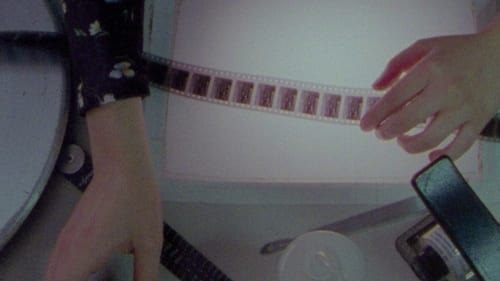
Producer
Dismantling the home of some who is no longer here is an act of love, of memory, of mourning. July passed away recently; the camera moves around her apartment and is placed on a series of objects that act as keys to open the door to her intimacy. The voices of those who have loved her guide us while they try to prolong the farewell. In the memories they evoke, to some people July is still Julio, and those names and pronouns that blend reveal the difficulties of embracing one’s identity as a trans woman. During the journey, July’s figure is slowly brought to life, as in an invocation, called on through words, but mainly through her spaces, her things, her photographs, her wigs, her clothes, her favorite music. And a biography is weaved together, one which, like that mirror that still hangs on her wall, reflects the history of an entire community.

Line Producer
In his second feature film, Leandro Listorti establishes a parallel between two worlds he seems to know well: that of plants and that of cinema. This delicate cinematographic work, full of beautiful images—both archival and current—gives an account of the immense work of classification and preservation, and generously invites us to think about forms of representation and memory.

Executive Producer
An investigation about a transmission parallel to that of man’s arrival to the Moon, captured by a radio ham from Avellaneda, confronts the director of Channel 54 with a series of conspiracy theories and mysterious figures. Doing so also means questioning the nature of the images.

Producer
An investigation about a transmission parallel to that of man’s arrival to the Moon, captured by a radio ham from Avellaneda, confronts the director of Channel 54 with a series of conspiracy theories and mysterious figures. Doing so also means questioning the nature of the images.

Producer

Producer
- 1879. One thousand five hundred men walk in the desert under the orders of General Roca. They are going to build the space of the Argentine nation. They move forward undoubtedly to the big South, there where there is nothing, by carrying with them the civilization. A century later, in 1980, in the city now named General Roca, the military junta in power organizes a national congress of history to celebrate the centenarian of the conquest of this desert.




